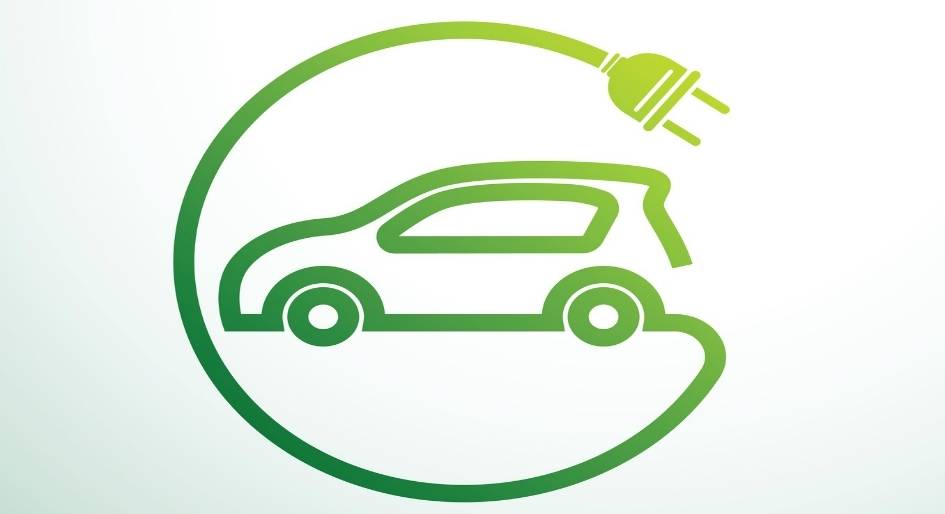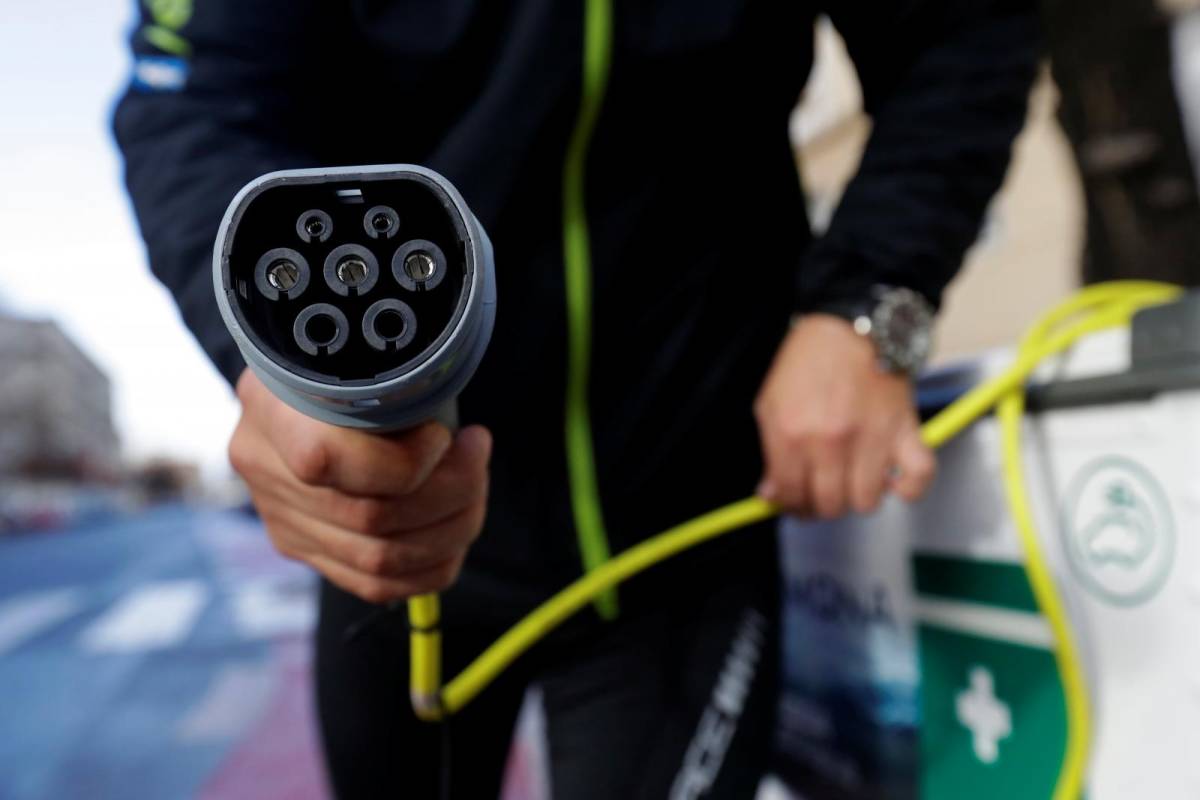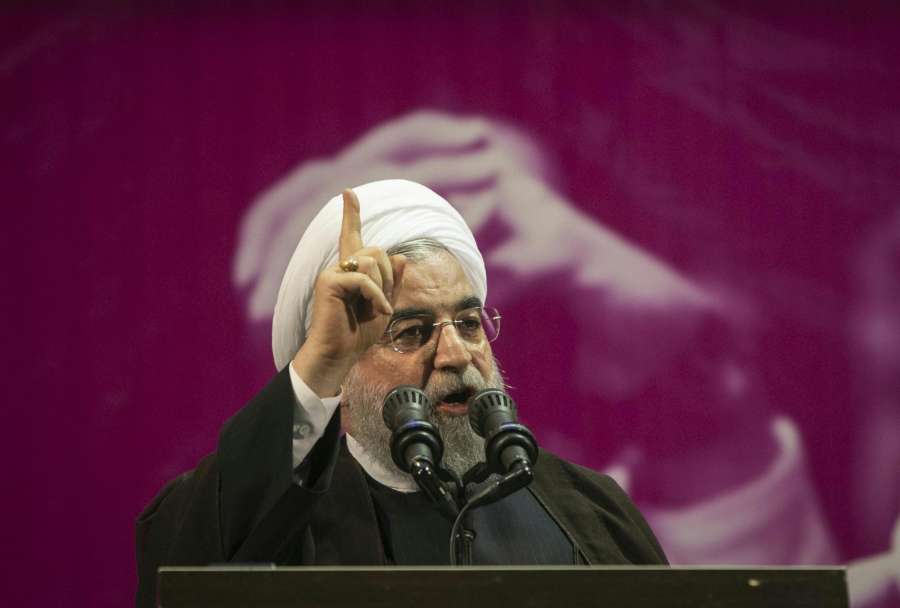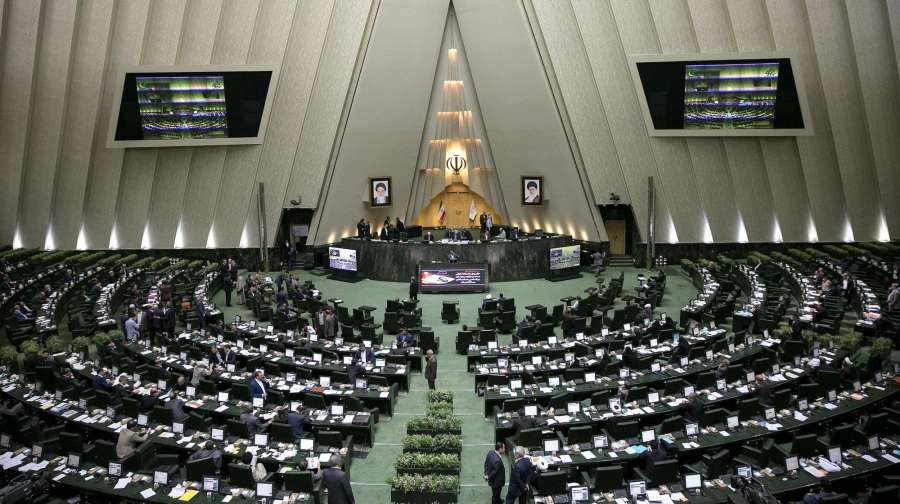The guidelines have been made technology-agnostic by providing for not only the prevailing international charging standards available in the market but also the new Indian charging standards…reports Asian Lite News
The Centre’s new guidelines for electric vehicle charging infrastructure now allow owners to charge their vehicles at their residences or offices using existing electricity connections.
The new ‘revised consolidated guidelines and standards for electric vehicle charging infrastructure were promulgated by the Centre on Friday.
According to the Ministry of Power, these new guidelines and standards will enable faster adoption of electric vehicles in India by ensuring “safe, reliable, accessible and affordable charging infra and eco-system”.
“This would also promote energy security and reduction of emission intensity of the country by promotion of entire EV ecosystem,” the ministry said.
Besides, these guidelines are exhaustive and include provisions for individual owners of electric vehicles and for ‘Public Charging Stations’ (PCS).
The guidelines outline requirements for ‘Public Charging Infrastructure’ for long-range and heavy-duty EVs.
“Any individual or entity is free to set up public charging stations without the requirement of a license provided that, such stations meet the technical, safety as well as performance standards and protocols laid down under the guidelines.”
Further, the guidelines have been made technology-agnostic by providing for not only the prevailing international charging standards available in the market but also the new Indian charging standards.
Moreover, in order to address the challenge of making a charging station financially viable in the period of growth of EVs, a revenue-sharing model has been put in place for land used for the charging infra.
“Land available with the government or public entities shall be provided for installation of ‘Public Charging Stations’ to a government or public entity on a revenue-sharing basis for the installation of ‘Public Charging Station’ at a fixed rate of Rs 1 per kWh (used for charging) to be paid to the Land-Owning Agency from such PCS business payable on quarterly basis.”
“Such revenue-sharing agreement may be initially entered by parties for a period of 10 years. The Revenue Sharing Model may also be adopted by the public Land-owning agency for providing the land to a private entity for installation of Public Charging Stations on bidding basis with floor price of Rs 1 per kWh.”

In addition, the ministry said the guidelines mandate that Public Charging Station (PCS) shall be provided connection within seven days in metro cities, fifteen days in other municipal areas and thirty days in rural areas.
“Within these timelines, the distribution licensees shall provide new connection or modify an existing connection.”
“The tariff for supply of electricity to public EV charging stations shall be a single part tariff and shall not exceed the “Average Cost of Supply” till 31st March, 2025. The same tariff shall be applicable for Battery Charging Station (BCS). The tariff applicable for domestic consumption shall be applicable for domestic charging.
ALSO READ-Indian startup raises $28 million from RedBlue Capital



